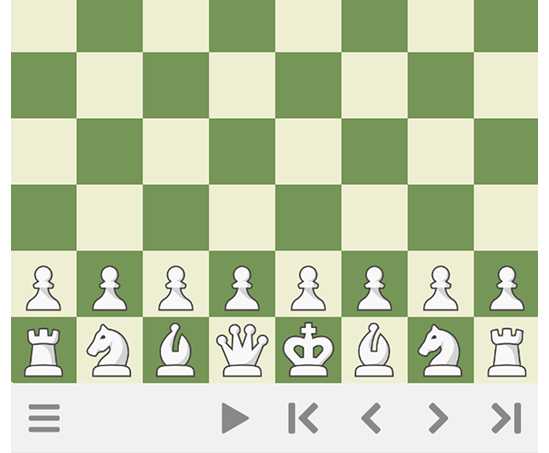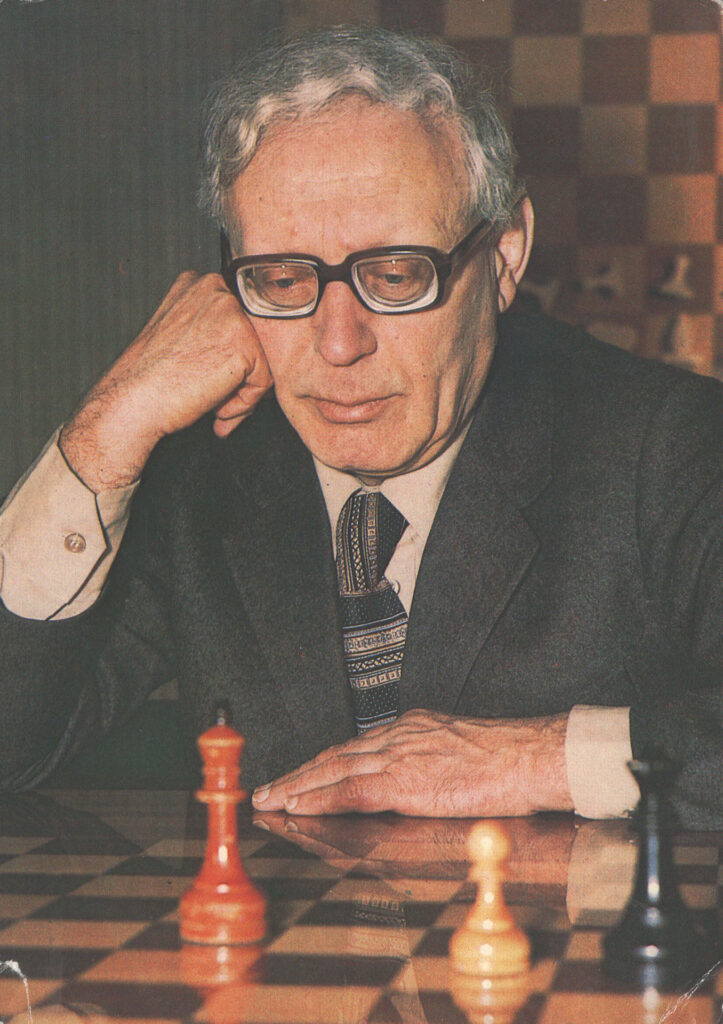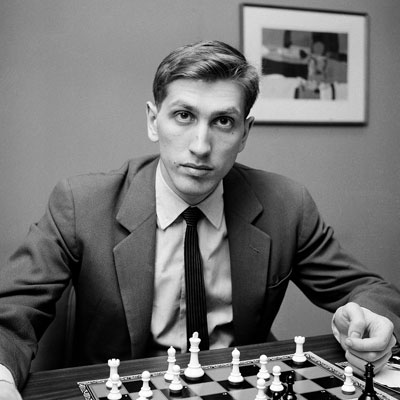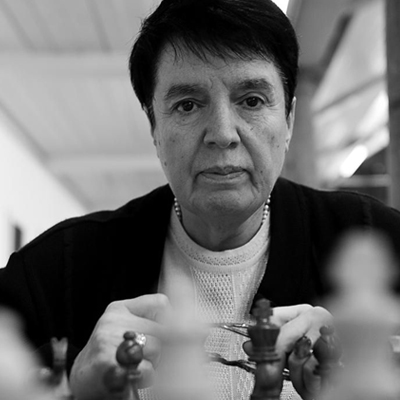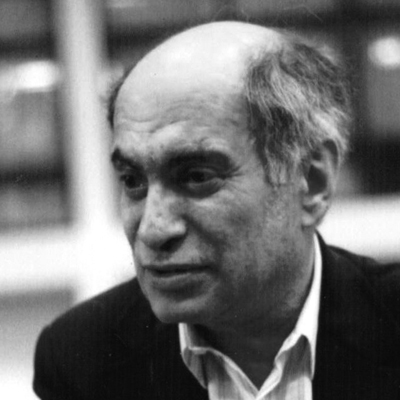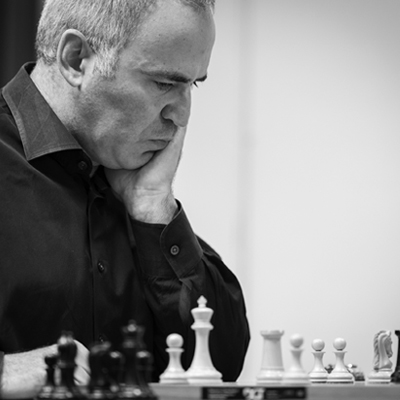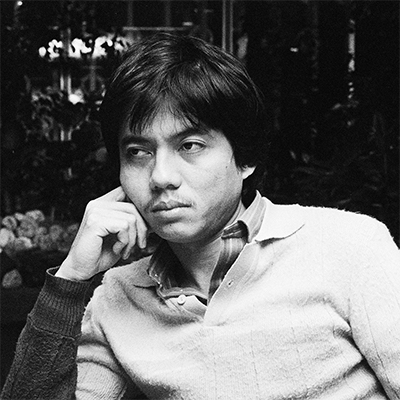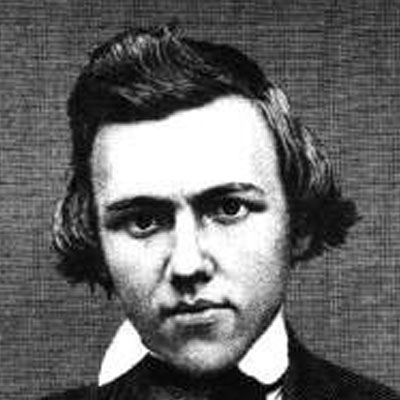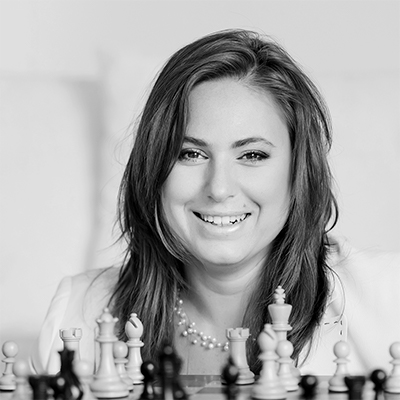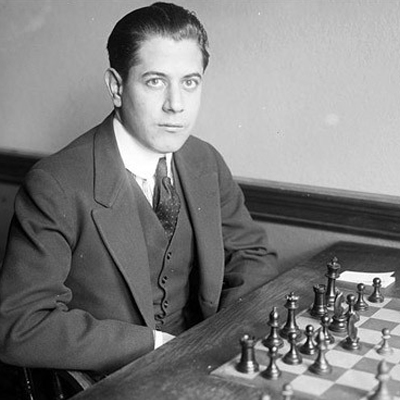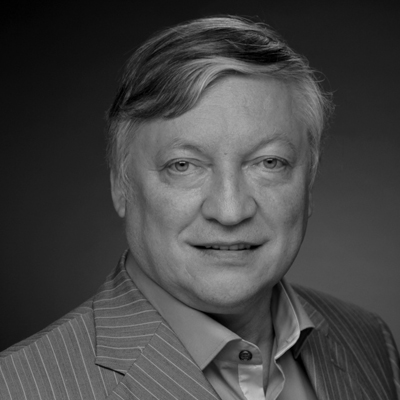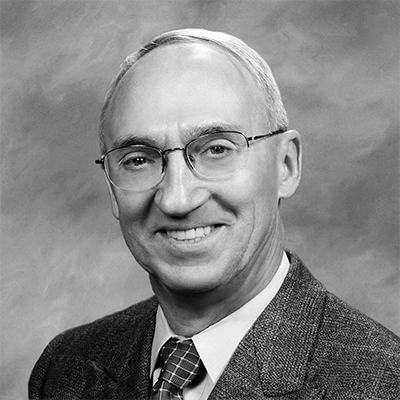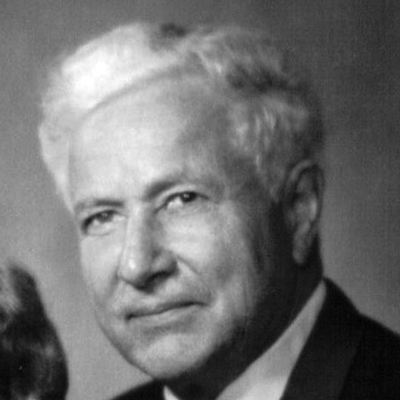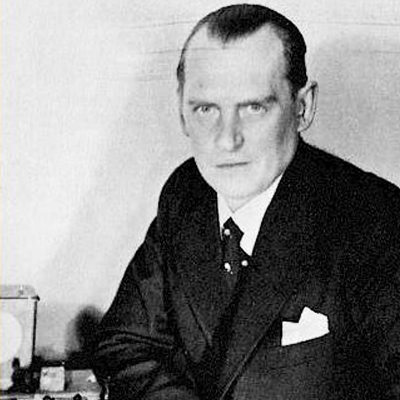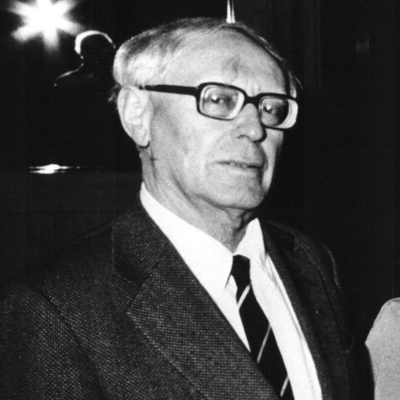
World Chess hall of fame
Mikhail Botvinnik
Inducted 2003 1911 - 1995
Russia
Biography
After dominating tournament play through most of the 1940s, Mikhail Botvinnik captured the 6th World Championship title in 1948. He would attain the title twice more, regaining it from Vassily Smyslov in 1958 and Mikhail Tal in 1961. As the first in a long line of Soviet world champions, Botvinnik was a respected figure even within an already strong Russian field. He was also a central figure in the early years of intense U.S./USSR competition. Days after the end of World War II in 1945, he competed in a radio telegraphy match, defeating American champion Arnold Denker in only 25 moves.
Botvinnik’s intense training regimen distinguished him from his peers. He advocated logic, extensive theoretical research, and a strong degree of both physical and mental discipline. While these attitudes were novel at the time, his writings on the subject became legendary and eventually served as a model for a new generation of players. His scientific style emphasized whole systems of play that extended from the opening to the endgame. Dubbed “Patriarch of the Soviet Chess School,” he mentored and trained numerous young Soviet players, including a young Garry Kasparov. Though he retired from competitive play in 1970, he remained active in the chess world, publishing Half a Century of Chess in 1984 and developing computer chess programs in his later years.
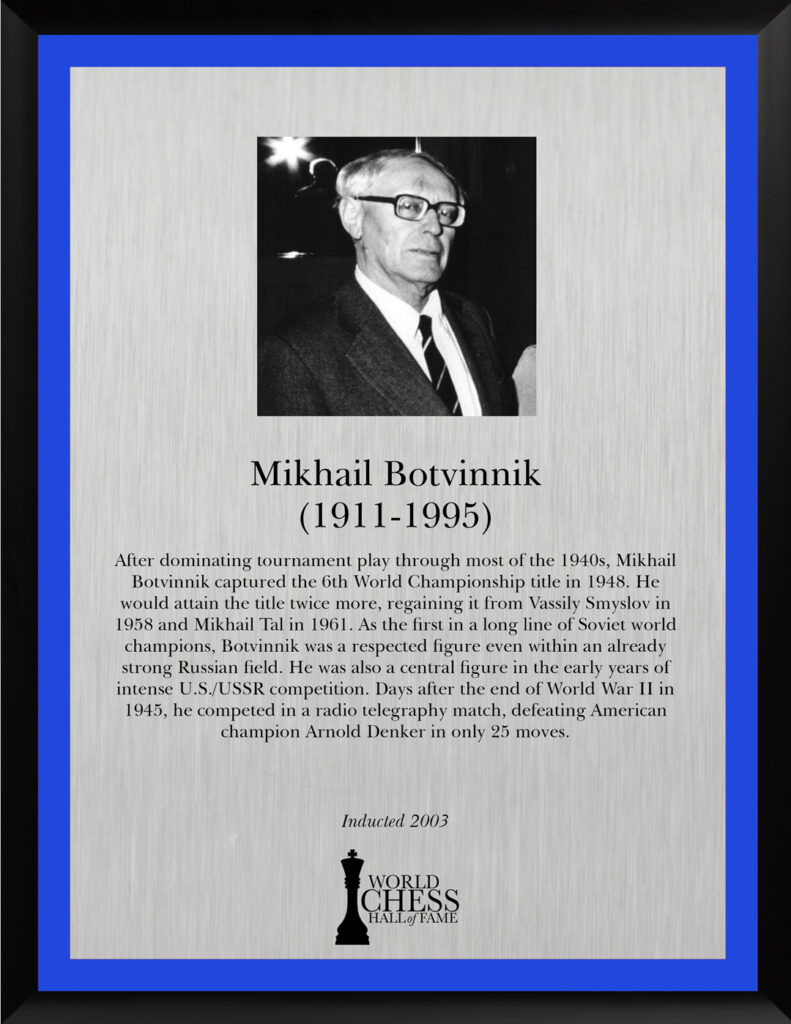
Notable Games
